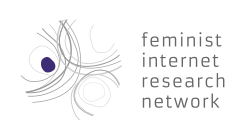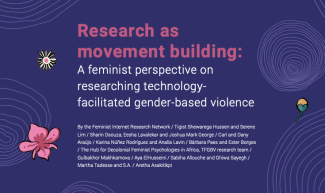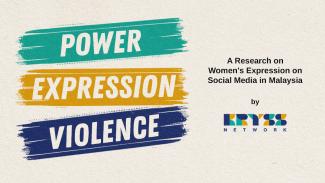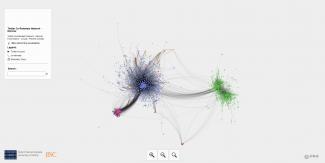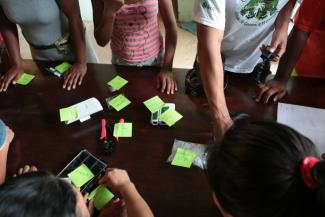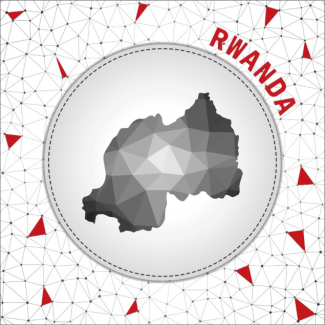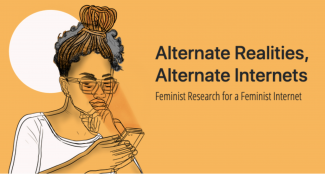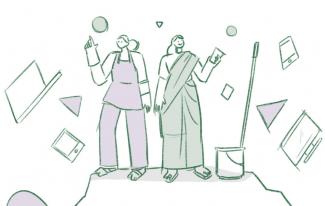Research
Newest update
This GenderIT edition by FIRN is a collection of 11 reflections and analytical essays by FIRN and FIRN’s research partners on what it means to do research at this critical juncture, while having to go through the unbearable pain of witnessing genocide, conflict and war, gross and persistent human rights violations, criminalisation of sex work and LGBTQIA+ communities and intensification of anti-gender mobilisation, as well as operating under spectacularly failed international law, solidarity and transnational feminist movements.
All research
In Malaysia, and to some extent, globally, gender inequality is often and rightly addressed in terms of GBV and gender discriminatory impacts. However, the impact of gender inequality in relation to freedom of opinion and expression is largely unaddressed. A framework for an unrestrained freedom of opinion and expression means very little to women if it ignores the inherent unequal power dynamics in our access to human rights and equal protection under the law.
The internet played a key role in the stormy anti-gender rights backlash in Bulgaria, after the heated campaign against the ratification of the Istanbul Convention in 2018.
Gender-phobic hate speech was generated largely on social media, mostly on Facebook, as well as on some popular news sites. This has had a double negative effect. First, it crucially amplified negative public attitudes against gender rights. And second, the proliferation of hateful rhetoric incited online gender-based violence (GBV) in itself.
Jair Bolsonaro's election as president of Brazil in 2018 capitalised on moral panics towards feminism and minority rights. Articulating gender, sexual difference, race and class, that hostility was increasingly felt on online digital networks. This research addresses the role of social media use and architecture in the production and dissemination of hate speech and anti-rights discourse as a fundamental aspect of the current right turn in Brazilian politics. In that context, it also explores emergent feminist and LGBT intersectional responses and struggles to define online violence.
Throughout the Latin American region, governments are in the process of testing and piloting a wide variety of artificial intelligence (AI) systems to deploy public services. But what are the feminist and human rights implications?
As machines are designed and operated by the very same humans in power, these AI systems are mostly likely to cause or propagate harm and discrimination based on gender and all its intersectionalities of race, class, sexuality, age, territoriality, etc., therefore posing worrisome trends that should be of concern to feminist movements.
This action-research project envisages the implementation of a Wi-Fi community network in the Terra Seca quilombo community in the Vale do Ribeira region of the state of São Paulo, Brazil, while conducting a participatory research process on information and communication technologies, more specifically community networks, through an intersectional feminist lens.
Internet use is still relatively low in the sub-Saharan Africa region. In some of the less developed countries like Rwanda, Tanzania and Mozambique, internet use was still below 15% for both sexes. Rwanda’s gender gap is much higher than other least developed economies: about 12% of men use the internet, as opposed to only 4.8% of women.
Previous studies have shown that income and education are the main determinants of internet access and use. In general, the share of individuals who have completed a specific level of education in Rwanda is quite low for both men and women. However, women are often less educated and earn less than men. This puts them at a disadvantage when it comes to using the internet. It supports the hypothesis that women often find themselves in a situation of multiple marginalities, and this is translated in the digital realm.
For the past decade, internet connectivity has been praised for its potential to close the gender gap in Africa. Among the many benefits of digitalisation, digital tools enable groups that are marginalised across the intersections of gender, race, sex, class, religion, ability and nationality to produce and access new forms of knowledge and conceive counter-discourses.
However, the internet, once viewed as a utopia for equality, is proving to be the embodiment of old systems of oppression and violence. In order to understand experiences of African women in online spaces, this violence must be viewed on a continuum rather than as isolated incidents removed from existing structural frameworks. Discriminatory gendered practices are shaped by social, economic, cultural and political structures in the physical world and are similarly reproduced online across digital platforms.
Domestic and care work industries in India have been the site of rapid platformisation over the past decade or so. Domestic workers are particularly vulnerable and unprotected, which makes their work qualitatively different than most other sectors in the gig or sharing economy.
The objective of the project is to use a feminist lens to critique platform modalities and orient platformisation dynamics in radically different, worker-first ways.
